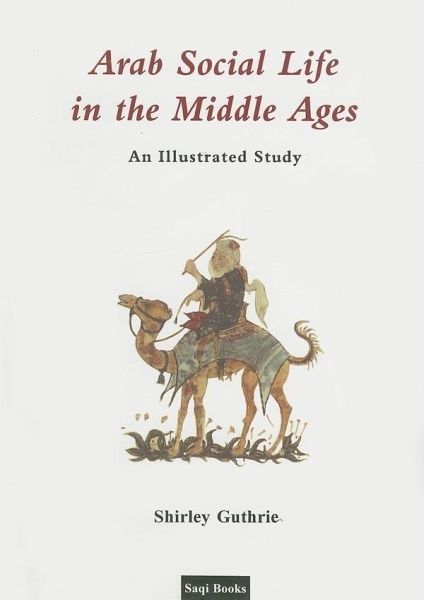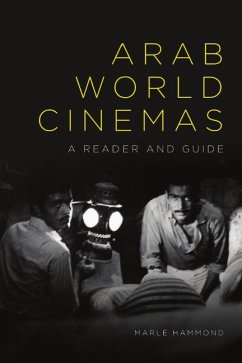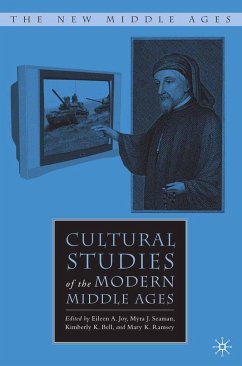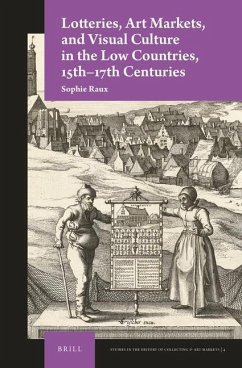Nicht lieferbar

Arab Social Life in the Middle Ages
Versandkostenfrei!
Nicht lieferbar
This vivid portrait of everyday life in the medieval Arab world draws on thirteenth-century miniatures from collections as far afield as St Petersburg and Istanbul. The wide range of topics covers every aspect of contemporary society in the Abbasid period, from life at court to the pomp and ceremony of the military, from the dispensing of justice to the bustle of the suq and slave market. The routine of village life is contrasted with the pleasures of urban society, and we are also introduced to the world of musicians and professional mourners. Women are shown not only as virtuous wives, and i...
This vivid portrait of everyday life in the medieval Arab world draws on thirteenth-century miniatures from collections as far afield as St Petersburg and Istanbul. The wide range of topics covers every aspect of contemporary society in the Abbasid period, from life at court to the pomp and ceremony of the military, from the dispensing of justice to the bustle of the suq and slave market. The routine of village life is contrasted with the pleasures of urban society, and we are also introduced to the world of musicians and professional mourners. Women are shown not only as virtuous wives, and in childbirth, but as spirited and articulate individuals. The traditions of Arab hospitality are described, with scenes of drinking, feasting and etiquette. The author has illustrated her study with contemporary miniatures, principally those of al-Wasiti which accompany the celebrated Maqamat of al-Hariri. In his text, al-Hariri made no attempt to conceal his admiration for his unprincipled and thoroughly disreputable protagonist, Abu Zayd-who represents the voice of the common man and possibly provides a prototype for the popular picaresque heroes of later European literature. Al-Hariri frequently used the tales as a subtle and indirect way of satirizing the prevailing social order, yet he was insistent that his work had an underlying moral purpose.













